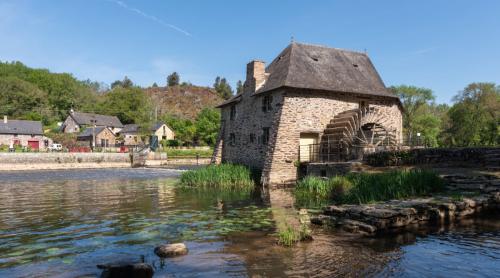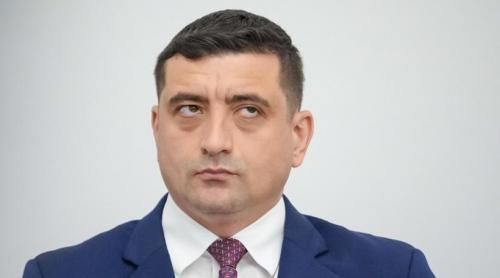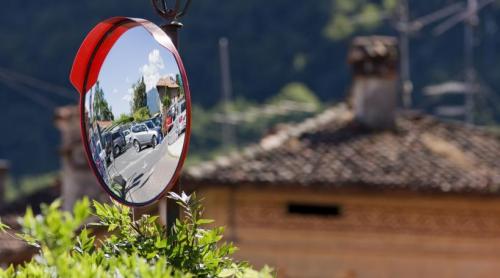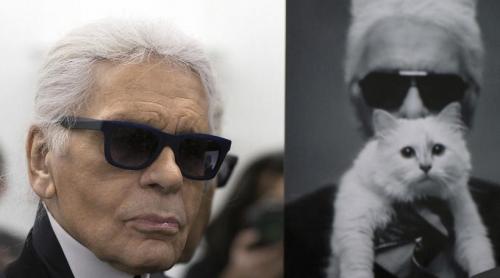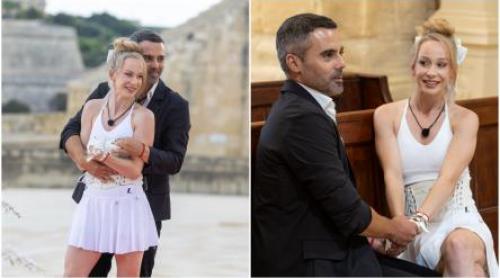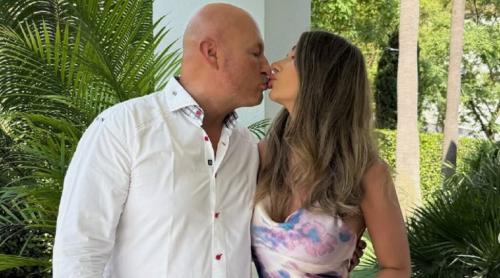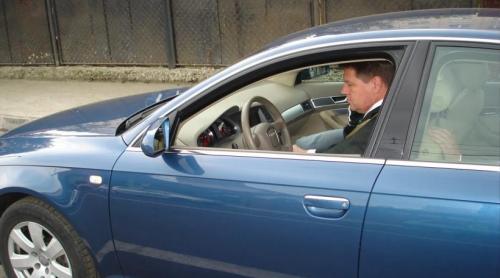
Vasilica Iulian Grosu, 36, the Romanian citizen who set himself on fire in front of the Government building a fortnight ago, died of his injuries.
Grosu was protesting against a ruling of the Spanish courts which took away Andrei, his six year old son, while the two of them were traveling in Spain, and handed the boy to his mother, living there. Romanian courts ruled before that the father was the childâs legal guardian.
Grosuâs parents and sister are determined to continue the legal battle started by the boyâs father. They do not hope to achieve getting their grandson and nephew back home, but hope to be allowed to at least talk to him over the phone.
"There are no legal grounds to prevent us from doing this," explains Grosuâs sister. "They sSpanish authoritiest could claim before that my brother breached the law; now he is dead and none of us was ever in breach of the law," explains she. Grosuâs ordeal started on 25 April 2004, when he left for Spain, accompanied by his son. They were to visit the country and also meet Daniela Badea, Grosuâs former partner and also the boyâs mother. On 7 May 2004 they left for Belgium, where Grosu had friends, after unsuccessfully trying to contact Badea. Grosu did not manage to get to Belgium, however. While riding the highway in Spain, the man was arrested by Guarda Civil and imprisoned in the Picassent penitentiary in Valencia, while his son was taken in the care of social services. "They sSpanish authoritiest told me that I was under a general arrest warrant in Spain since 2 April. That was impossible: at the time I was still in Romania. It was all her sBadeaâst doing and scheming," Grosu claimed. "This way shaving the child with her, trans. notet she could get the Spanish citizenship, which was her aim all along," said he.
sAlso, the "scheming" helped the mother avoid the prison sentence she would have received according to Romanian criminal law if she would have kept the boy without the consent of his father, trans. notet Grosu was released from prison after two weeks, but the child was taken away from him by way of a Spanish court ruling, though he carried with him the translated civil ruling issued by Romanian courts which granted him the legal parental rights over his child.
The grounds for the Spanish court to reverse the ruling of the Romanian one was that "Grosu stated his intention to leave for Belgium."
After months of legal wrangling in Spain and a short time spent in The Netherlands, Grosu was returned to Romania not being allowed to reenter the Schengen nations.
The National Authority for the Child Protection declined responsibility, stating that it dealt only with children which found themselves in distress while traveling abroad unaccompanied.
Hence, Grosu was directed to the Department for International Law and Judicial Cooperation in the Ministry of Justice, also in charge with the enforcement of the Hague Convention regulating the abduction of children by their own relatives. The Romanian Ministry of Justice filed on 9 February 2005 a request with the Spanish courts for the boy to be returned to his father in Romania. But the Spanish Ministry of Justice decided that the Spanish courts ruling had precedence over the one of the Romanian courts, and that was final. Even the Romanian Consul in Madrid was not allowed to visit the boy. Spanish authorities stated that the child "staid with his mother and was well taken care of."
And the director of the shelter where Badea was housed filed a complaint with the police against the Consul, when the latter insisted to visit the child. Grosu wrote tens of letters to the Ministry of Foreign Affairs, the Ministry of Justice and the NACP, and for the past two months protested in front the Government building, starting a hunger strike.
He even sued the three institutions for their lack of action, and ended his protest with setting himself on fire.
"He did not want to die. He just protested the lack of progress in his case," said his mother, crying.
Grosu had friends in The Netherlands, ready to help him reunite with his son. Dubbed by the Dutch media as "the Romanian terrorist," Grosu got full coverage of his plight in Algemeen Dagblad daily. "I believe Dutch readers will be shocked to find out that the Romanian who kept the Dutch police on its toes was now dead", said Peter Lagerweij, editor with Algemeen Dagblad. Grosu was admitted to a specialized clinic on 11 July, at noon, and died on 20 July, at 9:30 a.m. According to Teodor Panazan, the doctor treating him, Grosu had profound burns on 55% of his body, which gave him a slim chance for survival, because infections occur in spite of drugs and surgical treatment.
Translated By Anca Paduraru
Citește pe Antena3.ro





